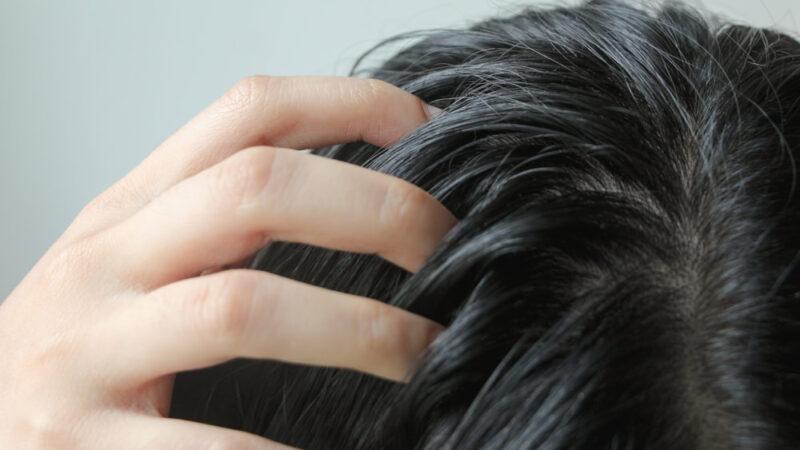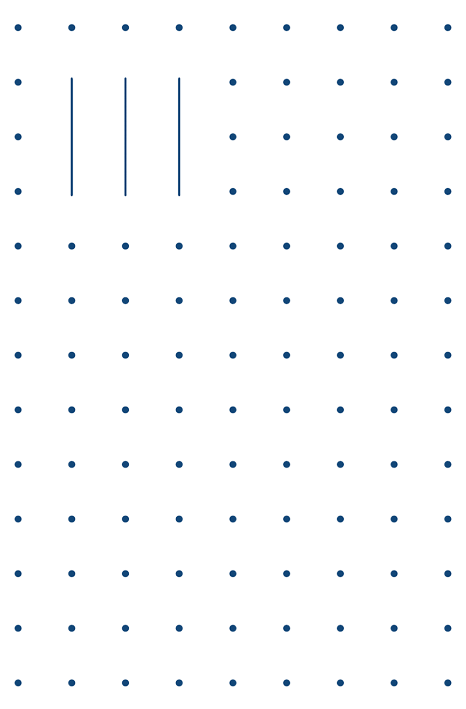
Understanding Oily Hair and Scalp: Does It Cause Hair Loss?


Excessive oil production on the scalp is a common condition that affects how your hair looks and may also contribute to hair loss. At Bangkok Hair Clinic, we often encounter questions about whether an oily scalp can lead to thinning hair. This post will discuss the causes of oily hair, explore its impact on scalp health, and provide solutions to manage this condition. If you are looking for advanced treatment options for hair loss, contact Bangkok Hair Clinic to understand the process and cost of FUE hair transplants as well as other solutions.
Oily hair results from excess sebum production. Sebaceous glands are found at the roots of your hair and secrete an oily fluid called sebum. Sebum is necessary for maintaining the moisture and health of your hair, but excessive secretion leads to oily hair.
Factors contributing to an oily scalp include having a genetic predisposition—just as skin type can be hereditary, so can scalp type. Hormonal imbalances, especially in androgens which stimulate the activity of the sebaceous glands, can increase sebum production. Hormone fluctuations during puberty, pregnancy, and menopause, or conditions like polycystic ovary syndrome (PCOS), can exacerbate oiliness.
Improper hair care, such as overwashing or using aggressive shampoos, can strip the scalp of its natural oils and cause the sebaceous glands to produce more sebum to compensate. Conversely, underwashing can also cause oil to accumulate and lead to a build-up of sebum. Excessive use of hair products like conditioners, hair sprays, and other styling products can build up on your scalp and hair, leading to increased oiliness.
A diet high in greasy foods and saturated fats, and environmental factors such as high humidity and pollution can also cause glands to overproduce sebum.
While oily hair does not directly cause hair loss, the side effects of an oily scalp can contribute to hair thinning. Excess oil can mix with dirt and product residue, leading to clogged hair follicles. This clogging can inhibit hair growth and increase the risk of follicular inflammation, folliculitis, or painful scalp acne, which can weaken hair roots.
Overproduction of oil can lead to seborrheic dermatitis, an inflammatory condition worsened by excess oil. This can cause dandruff and scalp psoriasis, characterized by an itchy, flaky scalp or scalp inflammation. Chronic inflammation around the hair follicle can hinder normal hair growth cycles, leading to potential hair loss and thinning. As such, managing scalp health is key to preventing secondary conditions that may cause hair loss.

Avoid heavy styling products such as waxes and pomades that can add to scalp oiliness. Opt for lightweight styling products and apply them sparingly from the mid-length to the ends of your hair.
Incorporate a diet rich in omega-3 fatty acids, antioxidants, and vitamins. Reduce intake of fried and fatty foods, which can trigger more oil production.
Since stress can exacerbate oil production, incorporate stress-reducing practices such as yoga or meditation into your routine. Regular exercise can regulate hormones and potentially reduce scalp oil production.
Keeping your hair trimmed and avoiding heavy layers can reduce the weight of the hair, which can pull oil down the strands and make the oiliness appear worse.
At Bangkok Hair Clinic, our experts will help you manage oily hair with a range of treatments tailored to reduce scalp oiliness and promote healthy hair growth. Our service includes personalized scalp analysis and treatment plans designed to balance sebum production without harming your scalp or hair. We can also recommend effective hair care regimens and products such as medicated shampoos and topical solutions.
Struggling with oily hair and concerned it may be the cause of your hair loss? Our experts will provide practical solutions to manage your scalp health and restore your hair’s vitality. Contact Bangkok Hair Clinic today for a consultation.